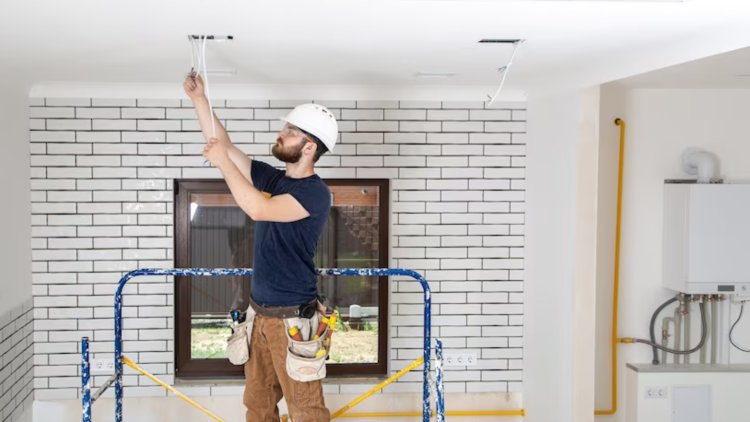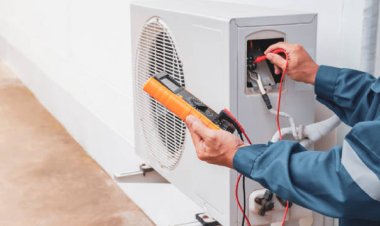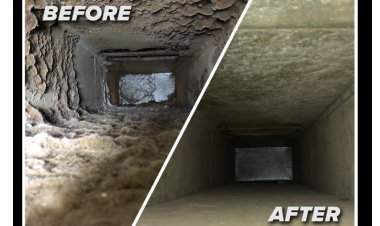Upgrading Your Home's Electrical System: What You Need To Know
Explore the crucial factors and considerations when it comes to upgrading your home's electrical system. Get informed with our comprehensive guide.

Your home's electrical system is the backbone of modern living, powering everything from your lights and appliances to your devices and entertainment systems. Over time, the demands on your electrical system can increase due to the addition of new technology and appliances. If your home is older, you may also have an outdated electrical system that needs upgrading to meet current safety standards. In this guide, we'll explore the essential considerations and steps you need to know when upgrading your home's electrical system.
1. Assess Your Electrical Needs
Before diving into an electrical upgrade, it's crucial to assess your current and future electrical needs. Consider factors such as:
- Assessing the required number of electrical sockets for each room.
- The capacity of your electrical panel.
- Plans for home additions or renovations.
- The installation of energy-efficient appliances.
- Electrical demands for home office setups or electric vehicles.
A professional electrician can help you evaluate your requirements accurately.
2. Hire a Licensed Electrician
Electrical work is not a DIY project. It requires the expertise of a licensed electrician who can assess your home's electrical system, plan the upgrade, and ensure all work complies with local building codes and safety regulations. Hiring a professional ensures a safe and effective upgrade.
3. Consider Electrical Panel Upgrades
One of the most critical aspects of an electrical upgrade is your electrical panel. If your home still has a fuse box or an outdated panel with limited capacity, it's time to consider an upgrade to a modern circuit breaker panel. This allows for better distribution of electrical load and reduces the risk of electrical overloads.
4. Rewire Your Home
If your home is several decades old, it may have outdated wiring that poses safety risks. Rewiring your home with modern, safer materials not only ensures your family's safety but also enhances the efficiency of your electrical system. This is a significant undertaking best left to professionals.
5. GFCI and AFCI Outlets
Ground Fault Circuit Interrupter (GFCI) outlets and Arc Fault Circuit Interrupter (AFCI) outlets are essential for electrical safety. GFCI outlets protect against electrical shock in wet areas like kitchens and bathrooms, while AFCI outlets prevent electrical fires caused by arcing. Your electrician can install these as part of your upgrade.

6. Surge Protection
Protect your valuable electronics and appliances from power surges by installing whole-house surge protectors. These devices safeguard against voltage spikes caused by lightning or electrical issues in the grid, preventing costly damage.
7. Energy Efficiency
Consider incorporating energy-efficient features into your upgrade, such as LED lighting, smart thermostats, and energy-efficient appliances. These not only reduce energy consumption but also lower your utility bills over time.
8. Permit and Inspection
Ensure that all necessary permits are obtained for your electrical upgrade, and schedule inspections as required by your local authorities. Compliance with local codes and regulations is essential to the safety and legality of your electrical system.
Conclusion
Upgrading your home's electrical system is a significant investment that enhances safety, functionality, and efficiency. To ensure a successful upgrade, work closely with a licensed electrician who can assess your needs, plan the project, and execute the necessary changes. With a modern and safe electrical system, you can enjoy the convenience of modern living while safeguarding your home and loved ones.
 drseervi
drseervi 















